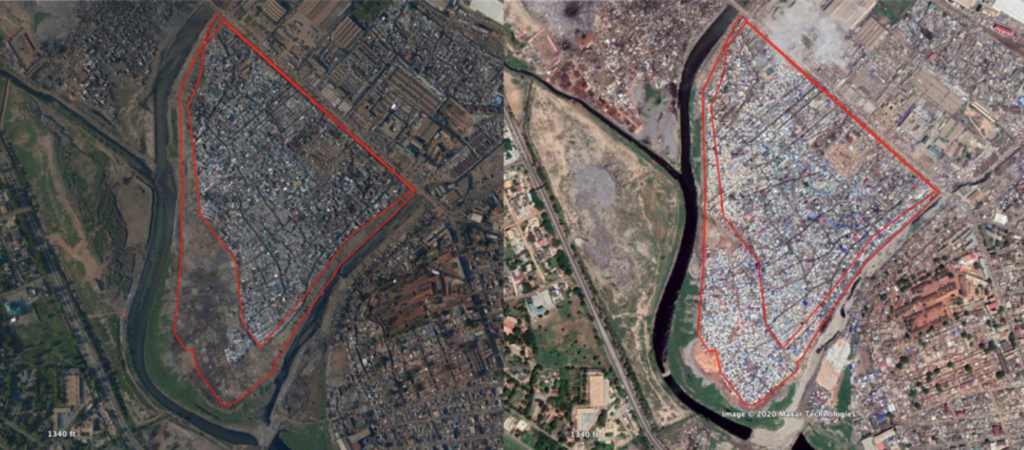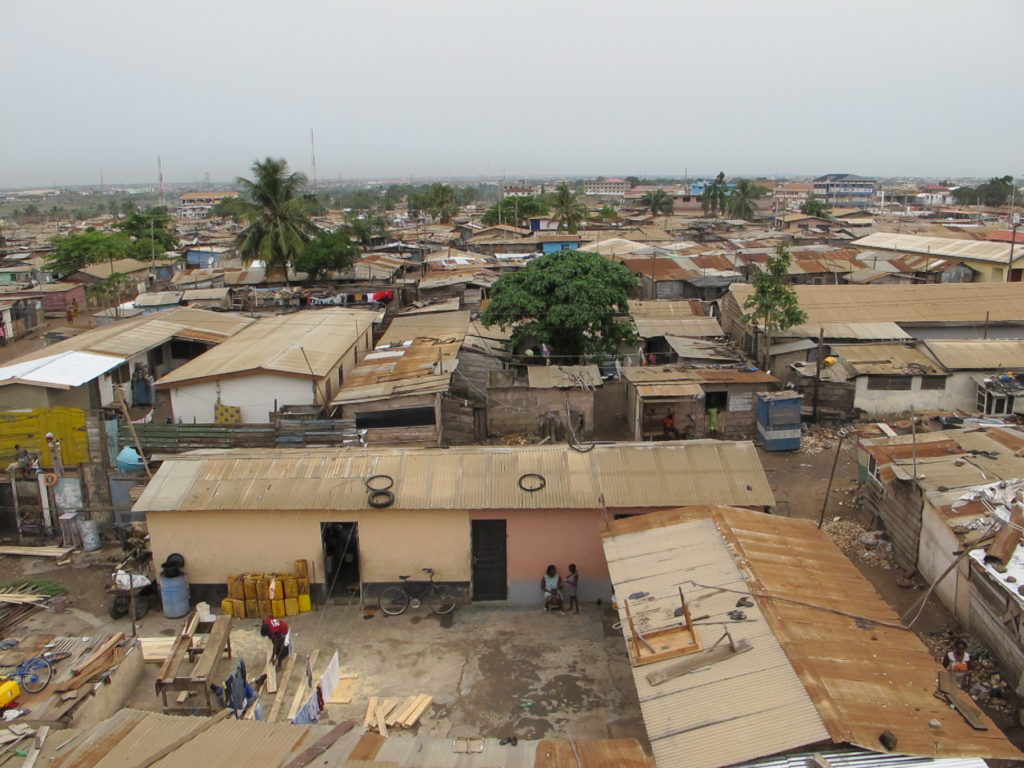LOCAL DATA IN CLIMATE MIGRATION
The role of communities for knowledge generation
by Achilles Kallergis
It is expected that climate change will accelerate and diffuse mobility patterns in Africa, with cities increasingly becoming the destination areas for many environmental migrants. Migration has been historically an adaptation strategy that can potentially bring broader benefits for all, including the origin community, the migrants themselves, and the communities of destination. However, harnessing the positive aspects of migration depends on the development of informed policy action that aims to accommodate and facilitate people’s movements across diverse scales and contexts.
This requires more detailed and granular local data on migration drivers, household decisions, and adaptation outcomes.
The potential value of local data for mobility is clearly enormous for cities across geographies and levels of development. It holds great promise for cities in Africa, that face significant climate impacts, and where data on migration is sparse, uneven, and sporadic. The lack of information is even more acute in the context of informality, a prevalent characteristic of many African cities.

Image on the left: settlement size after the 2014 evictions due to the clearing of the banks of the Korle lagoon,; image on the right: the resettlement of eviction areas in 2019
Importantly, the absence of data has led to an oversimplified understanding of the multifaceted and complex phenomenon of environmental mobility. The decision to migrate or to remain in place is idiosyncratic, driven to a large extent by individual perceptions of environmental change, rather than objective scientific risk analysis. However, there is limited knowledge as to how individual and communal perceptions of sudden and slow climate events affect the decision to migrate.
Generative Knowledge: Data by the People
The mechanisms and incentives through which migrants and hosts can address the lack of knowledge in marginalized, heterogeneous communities are critical for a better understanding of human mobility. They are also crucial for enhancing accountability, both in horizontal relations – within members of a community, and vertically – between communities, the state, and local governments.
A first step in the creation of generative local knowledge on environmental mobility is to recognize the important shift this approach entails. Such a form of generative local knowledge pays attention to the way migrants and hosts tend to fashion plans from the world as they find it. It recognizes that in the context of scarce resources, a much richer perspective and set of data is needed to identify and address problems.
One that considers how the nature of the environment and past experiences can affect current vulnerability and future outcomes for those on the move.
If mobility is a form of adaptation to a changing environment, then the reasons and outcomes of migration journeys need to be rethought from the perspective of those impacted by climate change.
This has been well-recognized in the self-enumeration and data collection processes occurring in informal settlements worldwide. In the past four decades, profiling and self-enumerations have been an ongoing activity in an effort to fight evictions, negotiate with governments, and inform upgrading and resettlement programs. For the communities undertaking data collection, these processes are triggered by practical and urgent needs. More than simply collecting data for knowledge purposes, the process of self-enumerations and settlement profiles is commonly described by some communities as part of their ‘rituals,’ based on the principles of engaging and organizing a neighborhood As such, these processes constitute intrinsic parts of the social infrastructure of local communities.
Data Collection in Monrovia, Liberia and Freetown, Sierra Leone
The most important aspect of the process of community data collection is that it is not merely a source of data input, rather, it represents a greater claim for recognition, an exercise in participatory citizenship that is not driven by artificial, and sometimes polarizing distinctions between migrants and hosts, but coalesces around the common needs of those facing everyday vulnerability. Equally, the fact that local residents are the ones who are responsible for producing the data bears implications for policy and raises two important questions: how does the acknowledgment for better local data can be practically met? And how can the rapidly evolving field of climate migration integrate community-gathered data into broader datasets and monitoring mobility frameworks? At this point, these questions do not have a clear answer but they do indicate that if the scientific community, governments, and the international community are serious about addressing and improving responses to environmental mobility, then a shift in thinking from the idea that data is what the scientists and governments produce, to one where information is co-generated with local communities taking a central place in knowledge production is a necessary step to prepare for, and accommodate environmental mobility.
